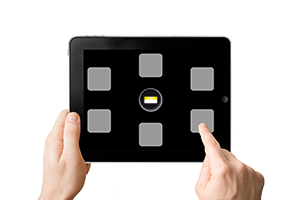Neuroscience, Psychology and Behaviour are three pillars of research that allow us to address questions on how the nervous system works, the changes that drive psychological and neurological disorders, and understand how and why animals and humans interact with the world around them. The Neuroscience, Psychology and Behaviour Research Theme brings together more than 80 interdisciplinary scientists studying all aspects of the nervous system and behaviour, from the biology of individual nerve cells through to the function of the brain and nervous system including vision, hearing, cognition, pain, memory, addiction, and social and group behaviours. Grouping neuroscientists, experimental and social psychologists and behaviourists from a range of research backgrounds provides a unique opportunity to push the boundaries in these fields to understand how the nervous system is structurally and functionally interlinked with the living body and the wider world.
Impact Case Studies
 |
Influencing policy and legislation on diverse family formsAdvances in reproductive technologies and changing social attitudes are resulting in diverse family forms; lesbian mother families, gay father families, single mothers by choice, and families created by sperm donation, egg donation, embryo donation and surrogacy. Susan Golombok has pioneered research on diverse family forms, challenging commonly held assumptions about these families as well as widely held theories of child development. Her work has shown that children from these families experience high quality parenting and show low levels of emotional and behavioural problems. Read |
 |
CANTAB: a tool to detect early Alzheimer’s diseaseAlzheimer’s disease and related dementias are not only devastating to those affected but are also widely recognised to provide major caregiver and economic burden. The Cambridge Neuropsychological Test Automated Battery (CANTAB) underpinned by research at the University of Cambridge was invented to bridge a translational gap between basic neuroscience and classical neuropsychological assessment. CANTAB revolutionises the detection of cognitive impairment in routine clinical care by replacing traditional paper-and-pencil-based cognitive testing with a computerised ‘objective’ mode of measurement. Read |
